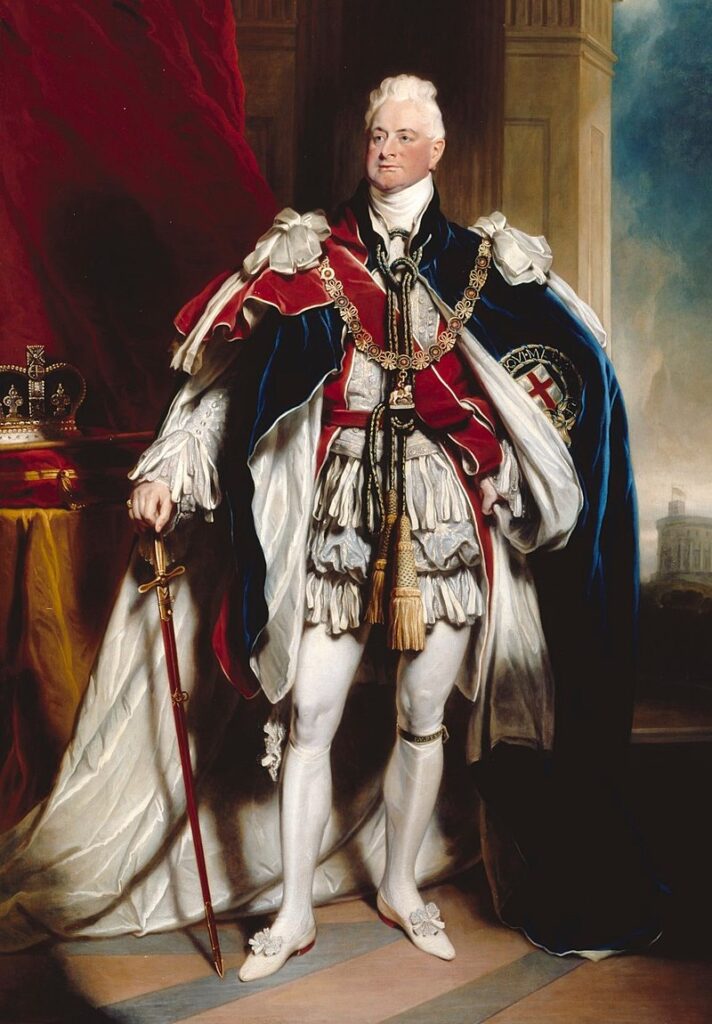
William IV
26 June 1830 - 20 June 1837
06
King William IV: The Sailor King
King William IV, also known as the Sailor King, was the third son of King George III and served as the King of the United Kingdom and Ireland from 1830 to 1837. His reign was marked by social and political reform, as well as significant developments in the navy and the expansion of the British Empire.
Early Life and Career
William IV was born on August 21, 1765, at Buckingham Palace in London. He joined the Royal Navy at the age of 13, and he served as a midshipman and later as a lieutenant. William IV saw action in the American War of Independence and the French Revolutionary Wars, and he was promoted to the rank of Rear Admiral in 1795.
Despite his naval career, William IV was not expected to become King. His older brothers, George IV and Frederick, Duke of York, were both in line for the throne. However, both of them died without legitimate heirs, and William IV ascended to the throne in 1830 at the age of 64.
Reforms and Policies
William IV’s reign was marked by significant social and political reforms. He supported the Reform Act of 1832, which extended the right to vote to more British citizens, and he abolished slavery in the British colonies in 1833. William IV also supported the development of the railways and other infrastructure projects that helped to modernize the country.
William IV was also known for his support of the navy and the expansion of the British Empire. He supported the development of steam-powered warships, which helped to make the navy more efficient and effective. He also oversaw the colonization of South Australia and New Zealand, which helped to expand the British Empire.
Later Years and Legacy
In later years, William IV’s health declined, and he became increasingly unpopular with the British people. He died on June 20, 1837, and was succeeded by his niece, Queen Victoria. Despite his relatively short reign, William IV left a lasting impact on British history.
His support for social and political reform helped to pave the way for a more democratic and modern society, while his support for the navy and the expansion of the British Empire helped to establish Britain as a global superpower. William IV’s legacy as the Sailor King continues to be felt today, as the navy and the British Empire remain important parts of British history and identity.
Conclusion
King William IV was a significant figure in British history, and his reign as the Sailor King was marked by social and political reform, as well as significant developments in the navy and the expansion of the British Empire. Despite his relatively short reign, William IV left a lasting impact on British history, and his legacy continues to be felt today.
As a naval officer and a supporter of social and political reform, William IV embodied many of the values and traditions that have defined British history and identity. His legacy as the Sailor King will always be remembered, and his contributions to the development of modern Britain will continue to be celebrated for generations to come.
